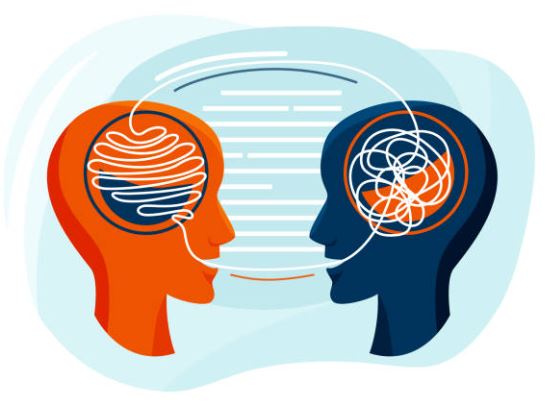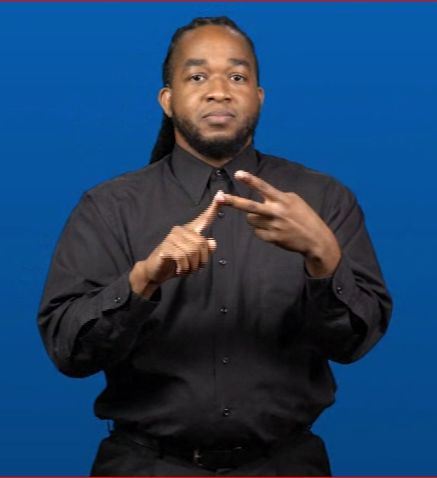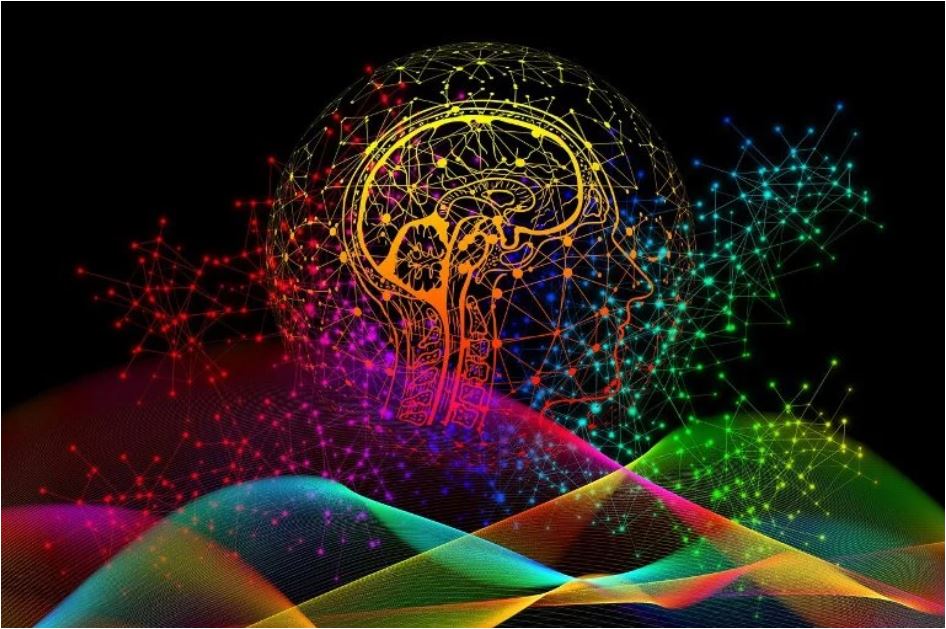How Occam’s Razor Applies To You.
Occam’s Razor, is a principle that suggests that the simplest explanation is usually the correct one. This principle is based on the idea that the more assumptions you make, the less likely it is that your explanation is correct.










